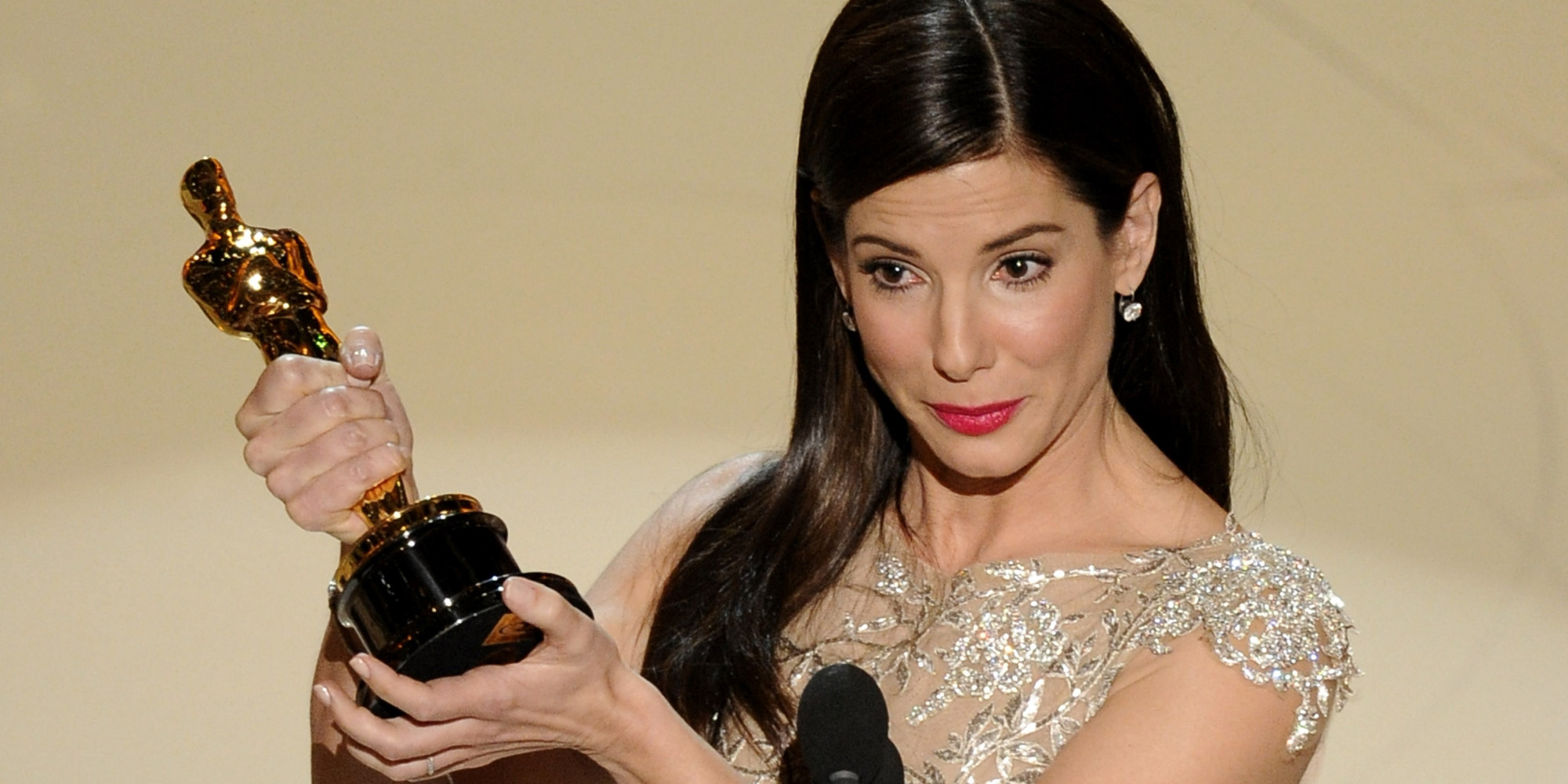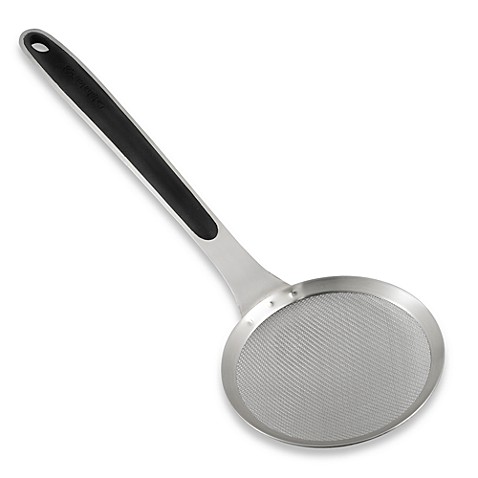Jack, my boss, had the greatest of faith in medications. He would stand by my desk and wax poetic about his myriad prescriptions (between ten and fifteen) that "took care of everything," snorting at my "rabbit food" (that I greatly enjoy).
"If a person is serious about quitting smoking," he would say, "he would take drugs, like I did." He somehow managed to make it sound that a truly selfless individual would nobly accept chemicals churning throughout his system as a means to overcome an addition.
I don't think I ever saw him eat "living food." His standard lunch was from Burger King or a deli. If he "dined" in, I would gag from the smell of the fake microwave "meals" wafting from his office.
He was a man of intelligence. He was a man of, not quite wit, but humor. He was a man who had been looking forward to his retirement years in a sunny, tax-free locale.
Note how I keep using the past tense?
First came the heart operation, that required months of recovery; then the infection, caused by diabetes, seized hold of his limbs. He was in pain—constant pain. He was in and out of hospitals. He blamed it on "getting old." He wasn't old. He didn't take care of himself.
He used to grandly say to me that my lifestyle meant life was not worth living, yet his was not worth living, either. He never made it to his sunny, tax-free locale. He died in his mid-60s, young for today.
When I informed the doorman, his immediate response: "I'm not surprised." All the building staff knew that Jack didn't take care of himself.
When I informed the doorman, his immediate response: "I'm not surprised." All the building staff knew that Jack didn't take care of himself.
Ma grew up in a bland household. Zeidy battled with ulcers, which meant no zesty spices—no black pepper, no hot paprika. Babi had high blood pressure, which meant no salt. (Ma still believed her childhood to be idyllic.)
Babi was on high blood pressure medication for fifty years. But she never considered it a magic pill. She watched what she ate—and she liked her salt—knowing that the drug can only do so much.
Her children seemed to have inherited the blood pressure issue. My uncle now officially received his diagnosis, and power to my aunt for calling Ma constantly to ask how to cook for him. Because she knows that you can't eat whatever you want and expect a prescription to fix it.
We can't predict the future; there are a myriad of ways one can go—like getting hit by a bus. But I would prefer to try, to the best of my ability, to preserve quality of life, and really, the daily donut is sooooo not worth it.
Ask Jack. Oh, you can't.
Ask Jack. Oh, you can't.

























